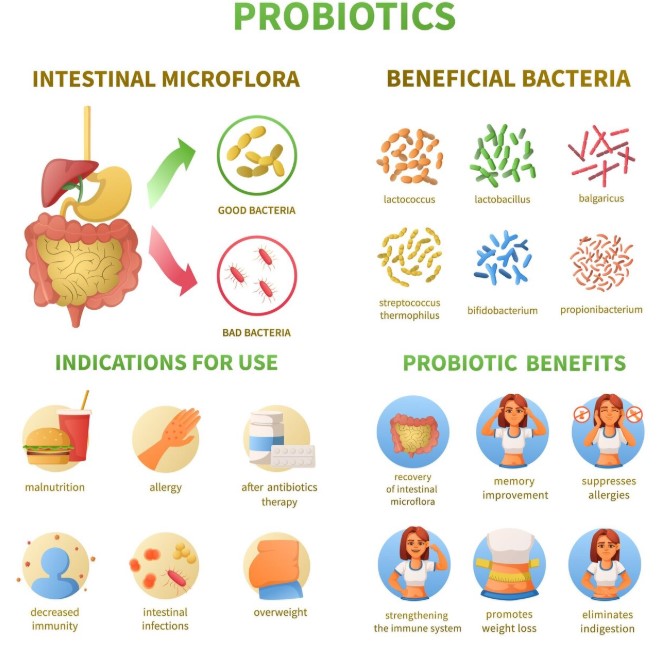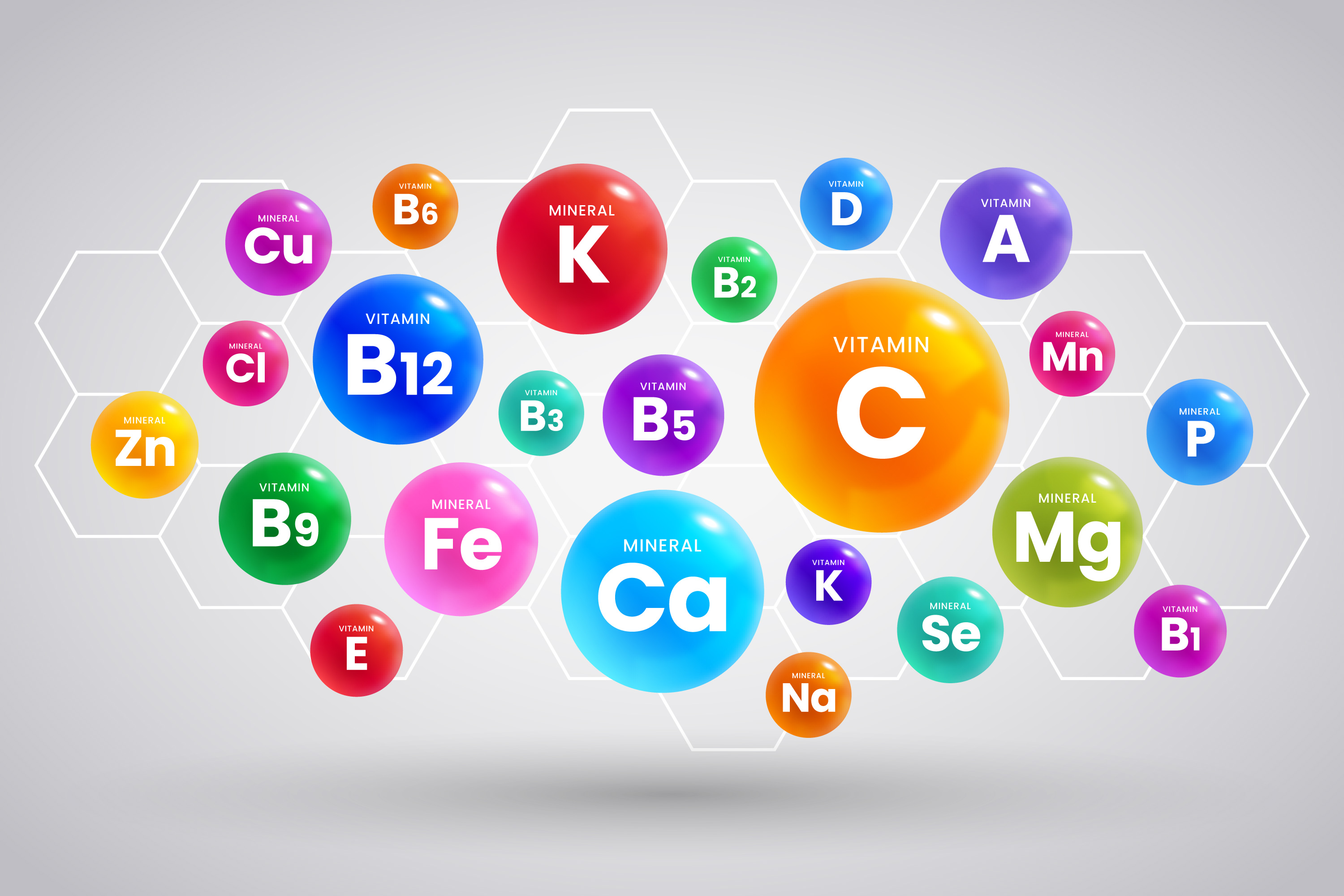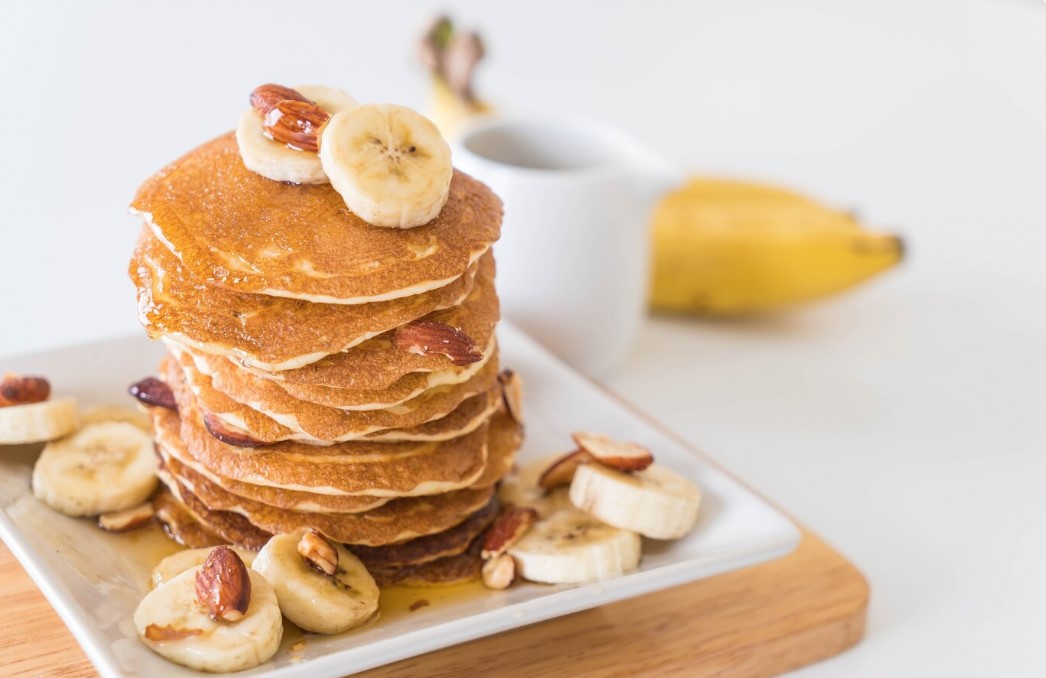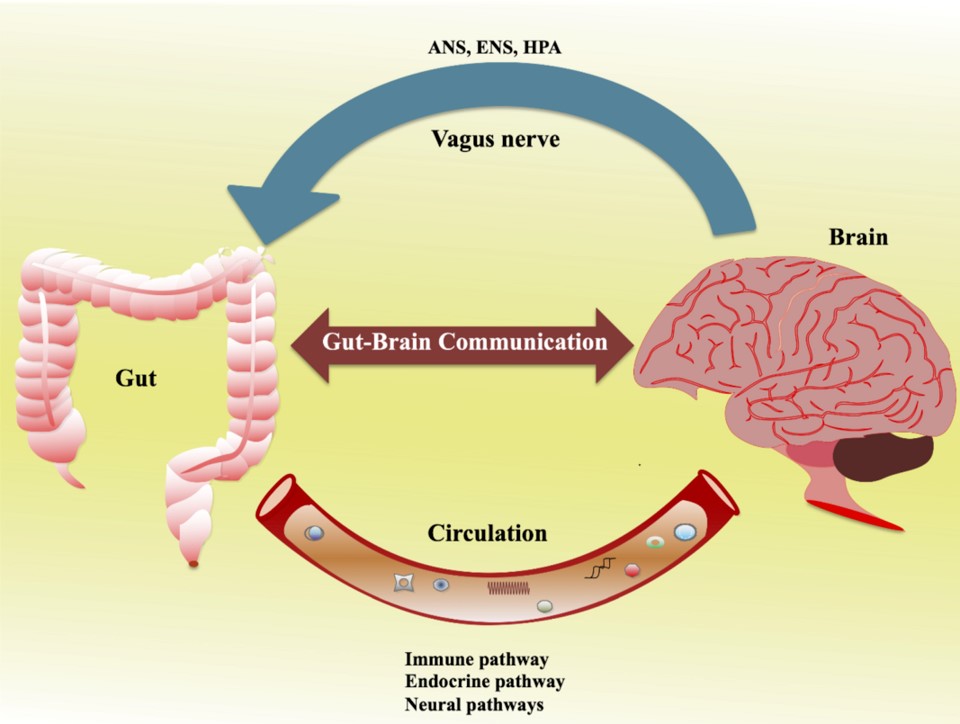Probiotics 101: Can 'Good Bacteria' Help Calm ASD and ADHD Symptoms?

Introduction
If you’re raising a child with autism or ADHD, you’ve probably already explored therapies, routines, and maybe even diet changes to help your child feel and function better. But have you heard about the power of good gut bacteria—also known as probiotics?
The gut is home to trillions of microbes, and research shows that kids with ASD or ADHD often have an imbalanced microbiome. This imbalance may affect not only digestion but also mood, focus, sleep, and even behavior. Why? Because the gut and brain are deeply connected through the gut-brain axis, a communication superhighway involving nerves, immune signals, and brain chemicals like serotonin.
Probiotics are “friendly” bacteria that can help restore gut balance and reduce inflammation. While they’re not a cure, some studies suggest they may support better digestion, calmer behavior, and even improve focus in some children. Let’s explore how you can safely try probiotics and what to expect.
How to Get Started
1. Understand the basics
Probiotics come in many forms—yogurt, fermented foods, powders, or supplements. Each contains different strains of bacteria, and different strains may support different symptoms. For example, Lactobacillus and Bifidobacterium are two families of bacteria often studied in kids with neurodevelopmental challenges.
2. Start with food first
Introducing probiotics through food can be a gentle first step. Try plain yogurt with live cultures, small amounts of kefir, or even a probiotic-fortified smoothie. If your child is dairy-free, look for non-dairy yogurts or fermented vegetables like sauerkraut or pickles (just be sure they’re naturally fermented, not vinegar-based).
3. Try supplements carefully
If your child has more significant gut issues—like chronic constipation, diarrhea, or food sensitivities—you might consider a probiotic supplement. Look for one made specifically for kids and free from common allergens. It’s best to consult with your pediatrician or a nutritionist to find a product that matches your child’s needs.
4. Watch and wait
Probiotics are not quick fixes—they take time to work and results vary. You might see improved digestion, fewer meltdowns, or better sleep after a few weeks. Keep a simple journal to track changes in behavior, mood, or tummy troubles so you can spot subtle improvements.
Takeaways
Kids with autism or ADHD often have gut imbalances that can affect behavior, focus, and mood.
Probiotics—good bacteria—may help rebalance the gut and support calmer behavior and better digestion.
It’s best to start with food, then explore kid-safe supplements if needed.
Be patient—gut healing takes time, and every child is different.
Always consult your healthcare provider before starting a new supplement.
Recommendations
Plain yogurt with fruit – Top with berries or a drizzle of honey for a sweet treat full of live cultures.
Kefir smoothie – Blend a small amount of kefir with banana and almond butter for a creamy snack.
Dairy-free options – Try coconut yogurt with added probiotics if your child is dairy-sensitive.
Fermented veggies – Offer a tiny forkful of sauerkraut or fermented pickles alongside a familiar food.
Probiotic gummies or powders – Look for reputable brands made for kids; start with a low dose.
References
Sanctuary, M.R., et al. (2021). Probiotic supplementation for children with autism spectrum disorder: A systematic review. Autism Research.
Berding, K. & Donovan, S.M. (2020). Microbiome and nutrition in autism spectrum disorder: Current knowledge and future opportunities. Current Developments in Nutrition.
Liu, Y.W., et al. (2021). Effects of Lactobacillus plantarum PS128 on children with autism spectrum disorder. Frontiers in Psychiatry.
Plaza-Diaz, J., et al. (2022). The gut microbiota and its implication in ADHD: A review. Nutrients.
Vuong, H.E., et al. (2020). The microbiome and host behavior. Annual Review of Neuroscience.
Stay Up to Date
Join hundreds of families staying connected to the latest expert-backed insights on kids' and teens' mental health — from nutrition, lifestyle, and supplements to psychology, tech, and therapeutic tools.


.png)







.png)
.png)
